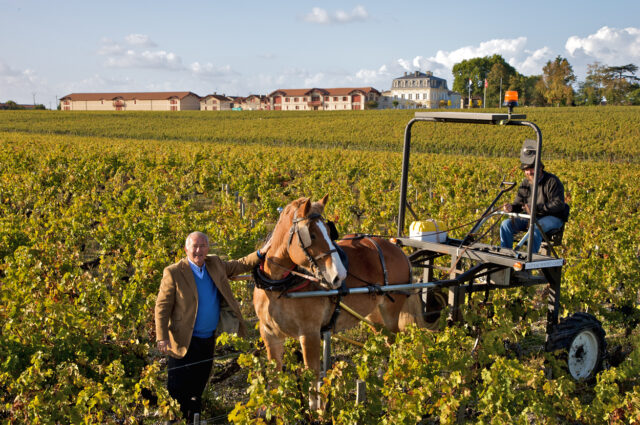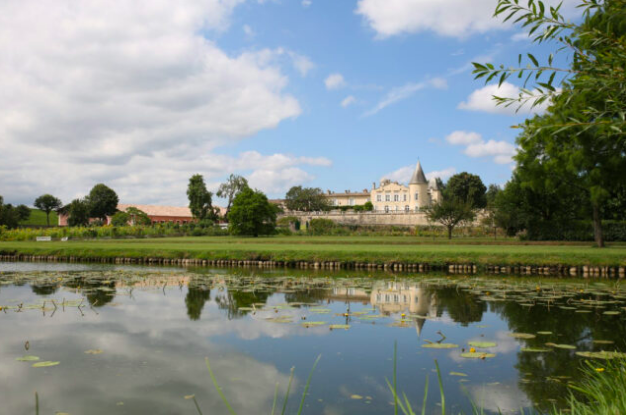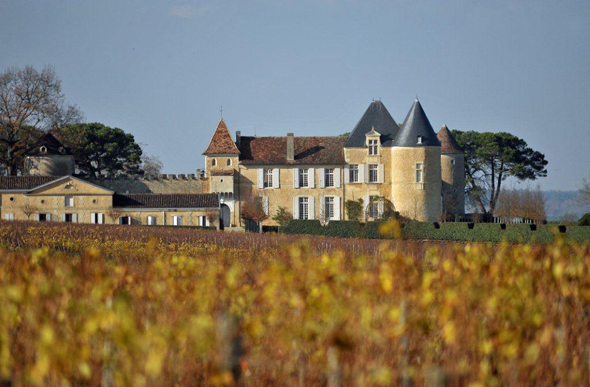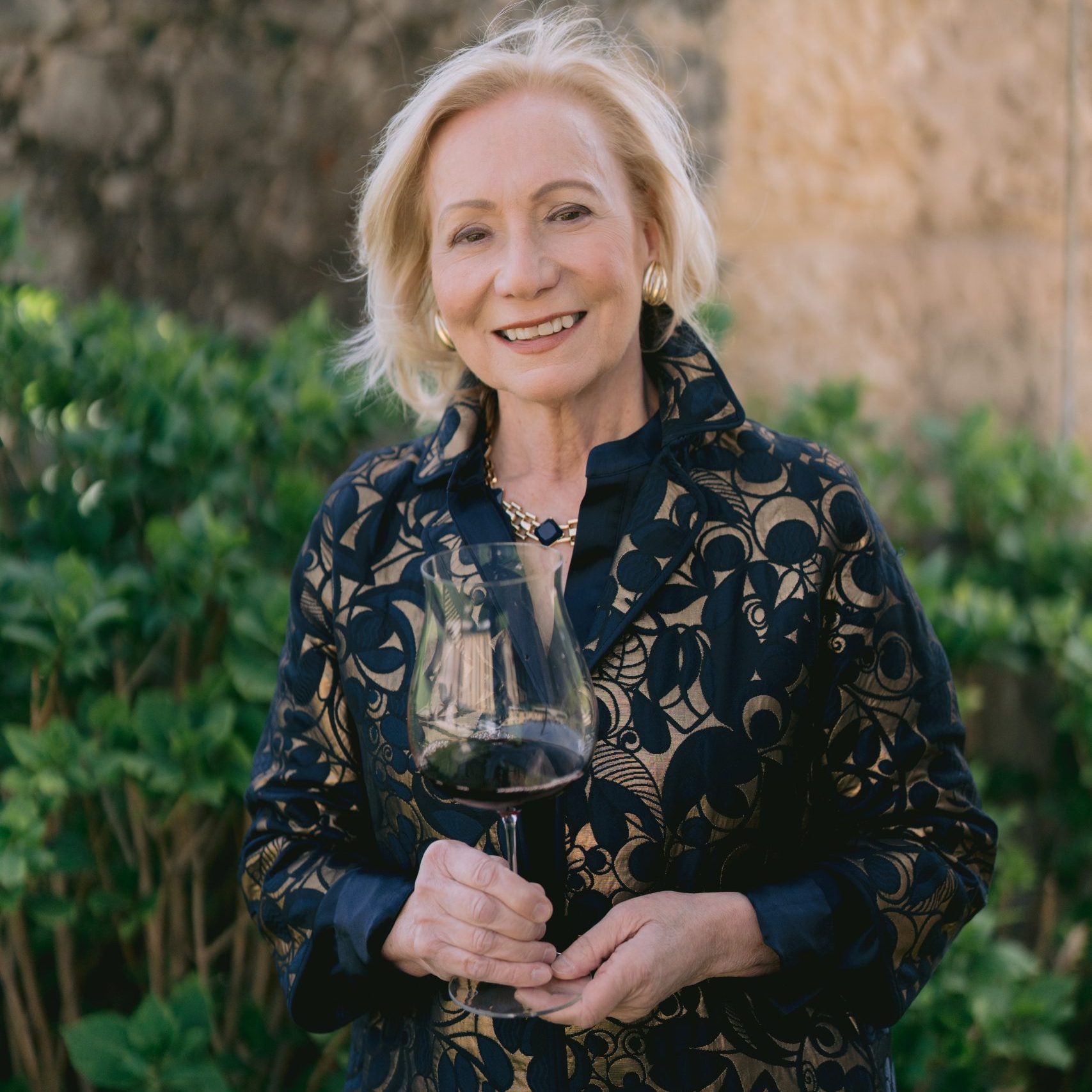Top Bordeaux châteaux are going organic
A growing number of top Bordeaux châteaux are experimenting with organic and biodynamic viticulture. James Lawrence brings us the lowdown on the region’s green revolution.

Sustainability evokes mixed emotions – its critics argue that the term is so vague it’s meaningless. And if it’s not meaningless, then it’s misleading. Yet any visitor to Bordeaux in 2021 would struggle to dismiss recent progress and innovations as cynical ‘greenwashing’.
According to the CIVB, over 1,500 properties (out of approximately 6,000) have now achieved HVE sustainability certification. HVE is a three-tiered system introduced by the French Ministry of Agriculture in 2001. It encourages growers to focus on increasing biodiversity and decreasing the negative environmental impact of their operation.
For a critical mass of producers, sustainability offers the right balance between ecological winegrowing and commercial pragmatism. Unlike organic and biodynamic viticulture, sustainability programmes allow the use of synthetic chemicals, albeit with several caveats.

“We have embraced sustainable viticulture for a long time at Chateau Lagrange,” the estate’s director, Matthieu Bordes, told db. “We now manage 30 hectares (25% of the vineyard) according to organic principles, although we have not sought certification.
“Ideally, we’d like to seek official recognition, but we also want to harvest a reasonable quantity of grapes in every vintage. With Bordeaux prone to fungal diseases, organic viticulture can render that extremely difficult – you have to keep your options open.”
Bordeaux is innovating in other ways – a recent project unveiled by the appellation council of St-Emilion involves using radar and helium balloons to protect vineyards from the threat of hailstorms.
Using the latest technology, the radar serves as a early-warning system, designed to activate the balloons if a threat is perceived. The balloons would then disperse salt in the atmosphere, lowing the freezing pint of water and thereby transforming the hail into harmless rain.
But for a growing group of Cru Classe estates, achieving organic and/or biodynamic certification is their top priority. The CIVB’s latest figures show that 796 properties are either certified as organic or undergoing conversion. The biodynamic label, Demeter is also becoming less of anomaly – Chateau Durfort-Vivens achieved certification in 2017.
According to the CIVB, 61 estates have been awarded Demeter’s seal of approval. And the numbers are growing: Château L’Evangile in Pomerol will be certified as organic in 2021, according to a representative from Domaines Barons de Rothschild. Other properties, including Lafite, will eventually follow.
“On biodynamics, we have been conducting comparative trials on 13 hectares in Pauillac since 2017, to assess the impact of certain preparations on criteria such as maturation and acidity,” a spokesperson for Domaines Barons de Rothschild confirmed.

Some of Bordeaux’s most illustrious names have gone green. Château Climens, Fonroque, Latour, Palmer and d’Yquem are either certified or in the process of converting to organic/biodynamic viticulture. Château Angelus started down the path of organic conversion in 2018.
Pontet-Canet were one of the first classified growths to reject man-made inputs. After trials with biodynamics in 2004, owner Alfred Tesseron decided to wave au revoir to glyphosate. Demeter awarded the estate certification in 2014. Sauternes first growth Climens is another pioneer; the estate became part of the Demeter club in 2016, while two years prior in 2014 its vines were certified biodynamic by Biodyvin.
Partner Content
“We’ve observed for several years that our picking systematically ends one to three weeks before our neighbours. This can be related only to biodynamics, and represents a better guarantee of quality,” says proprietor Berenice Lurton.
“Even in the difficult vintages, the overall quality is higher – we’ve observed that noble rot is more resistant than it used to be, and this is a benefit we had never anticipated.
“Admittedly, we’ve suffered a loss of yield as a consequence of hail, frost, or other major climatic incidents, but we think the loss would have been even worse if we had been using conventional methods.”
Organic growers will proselytise its benefits to the surrounding ecosystem – and wine quality – on command. But they become slightly uncomfortable when the grubby subject of marketing comes into focus. Can green certification help Bordeaux to sell more wine?

Lurton argues that the promotion of organic viticulture is probably more beneficial (in raw commercial terms) to lesser-known labels that cannot rely on established reputations. Winery websites are often brimming with self-congratulatory statements about their environmental credentials, which may or may not win over certain consumers.
A recent study may help to shed some light on the issue. Two economists, Magali Delmas of UCLA and Olivier Gergaud of Kedge Business in France, have published a scientific study entitled ‘Sustainable practices and product quality: is there value in eco-label certification?’
The academics analysed data from French wine publications, aggregating scores given to more than 128,000 French wines from approximately 30 French wine critics from 1995 to 2015.
“With organically grown wines, we saw an increase of 6 points in their scores compared to conventional or sustainable wines. With biodynamic, there was an increase of 11.8 points in their scores, compared to conventional or sustainable wines,” said Magali Delmas, Professor of Management at the UCLA Institute of the Environment. Others argue that this is overstating the case.
“I think for a very small group of consumers this matters, but for the majority it is at best a nice add-on. Ecological marketing tends to be a bigger driver among younger consumers and these are less active in wine buying than older consumers,” Jeroboams’ wine director, Peter Mitchell MW, told db.
But as Lurton reminds us, a heightened emphasis on ecological winegrowing can surely do no harm, both to the environment and to consumer perception of Bordeaux’s diverse output. Her only fear is that the messaging surrounding Bordeaux’s viticultural evolution will be misrepresented.




